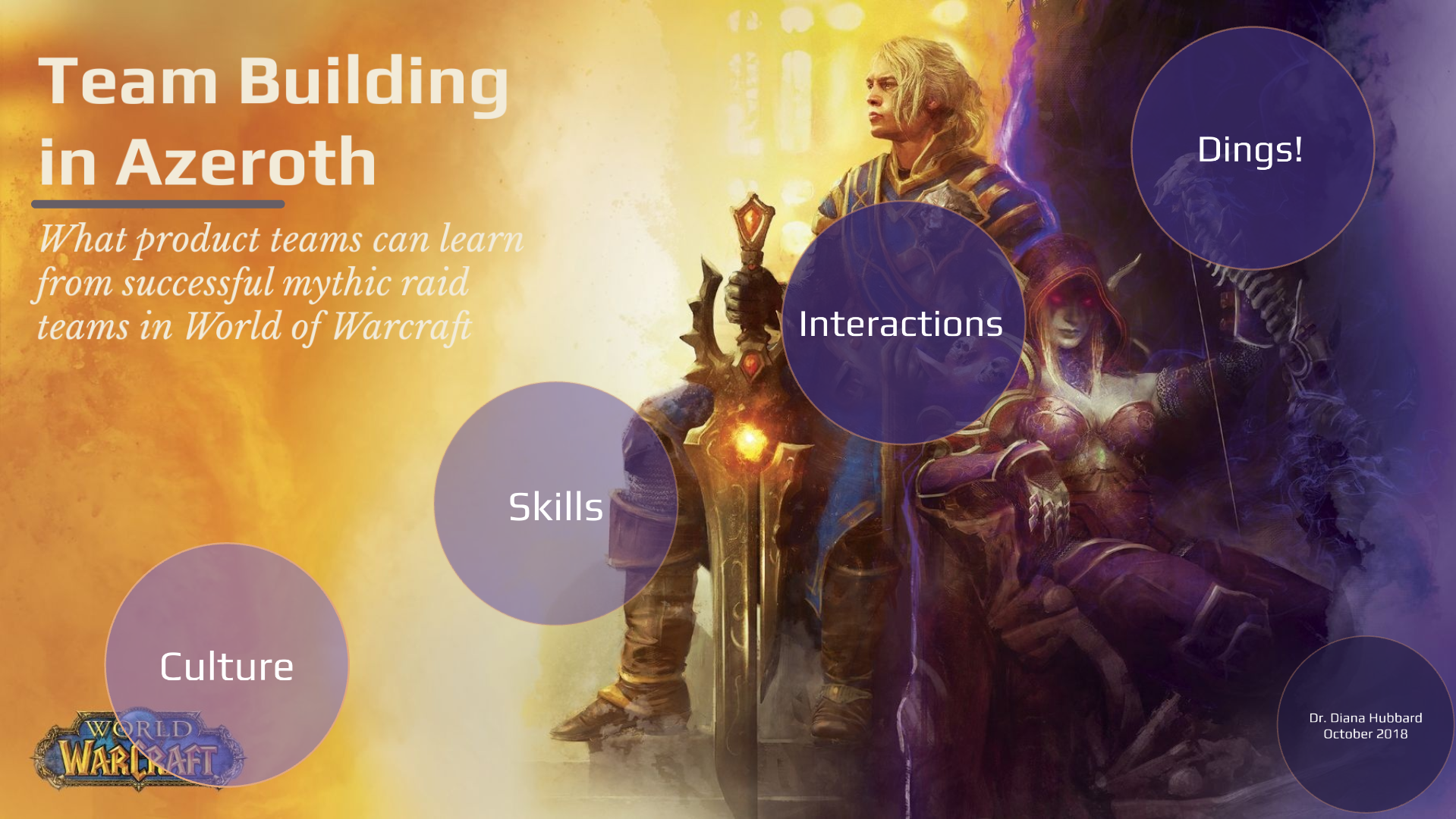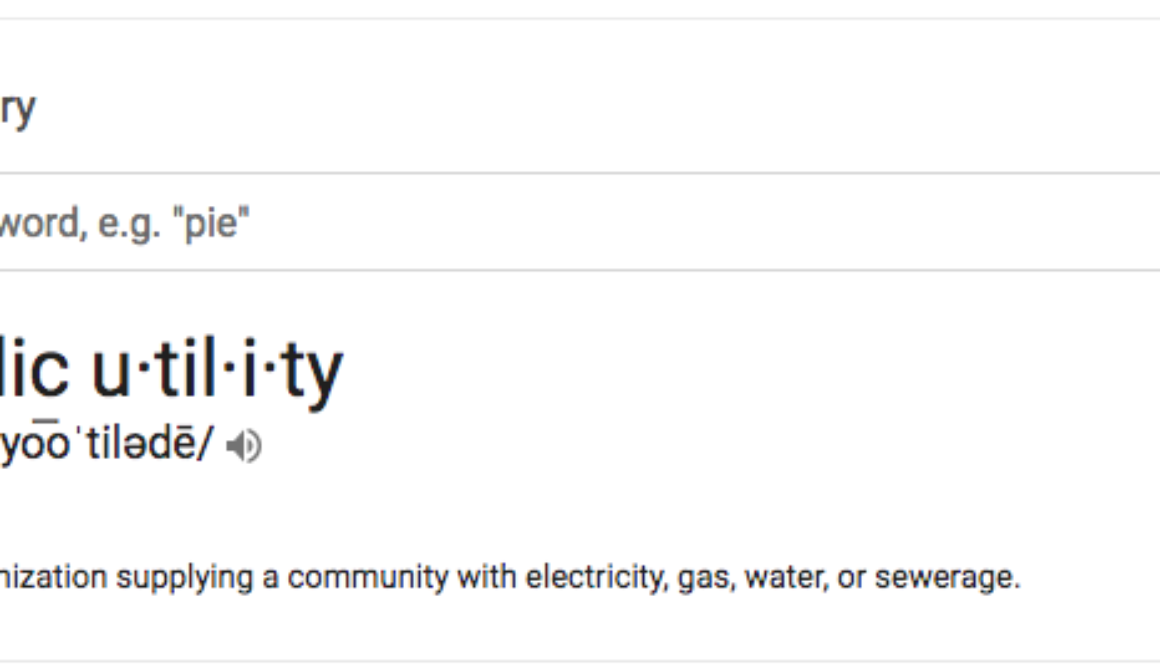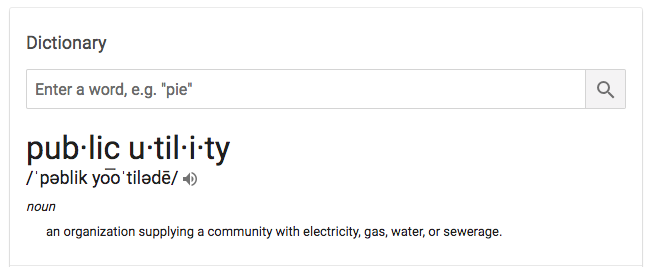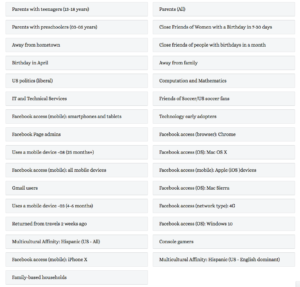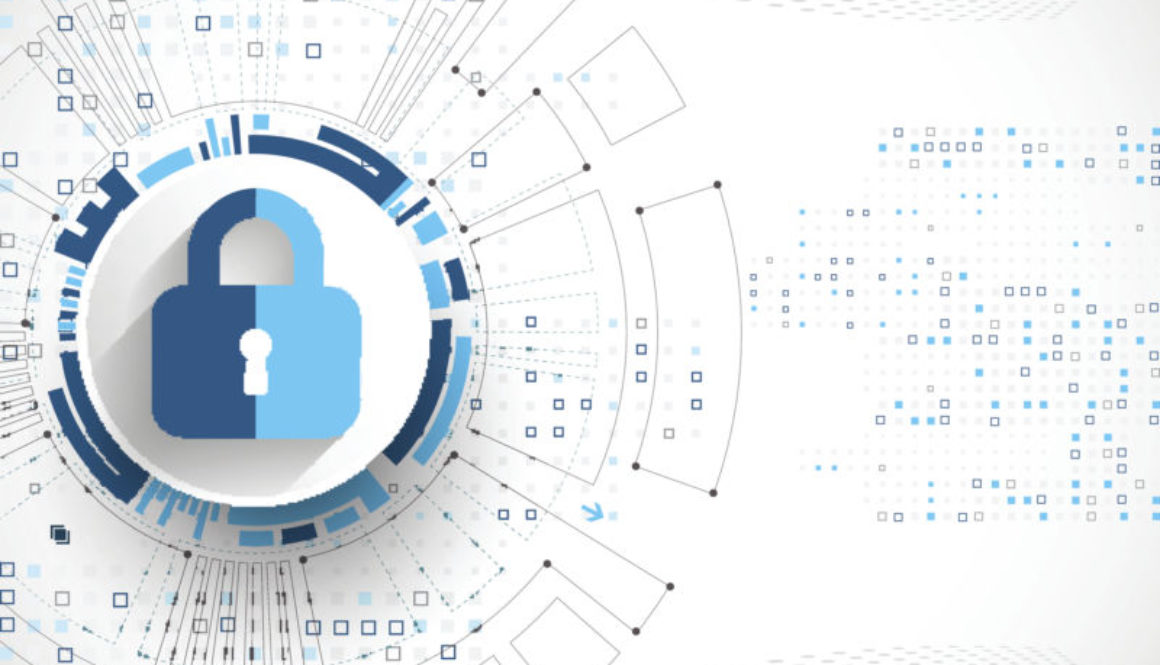Teaching Research to Designers
As I mentioned in my last post, I presented at a local conference in October of last year. Well, my participation in that conference led to an opportunity to teach Design Research Methods at a local university as a part of their requirements for their design tracts. I jumped at the chance to do so and I poured everything I had into the class design from November to January along side doing my day job as a blockchain design consultant.
We are now two weeks away from midterms, so I’m taking some time to reflect on the curriculum I’ve put together and what we’ve done so far. I’m taking the time to do it here, because it’s always nice to be able to look back on it later and because others may find it useful. That, and this blog has always been related to my work and my evolution as a researcher, designer, and now teacher.
To begin, I had to consider what would be some of the essential lessons designers should take from a research methods class. The designers in the class span the gamut from traditional design to graphic design, to interaction design, and more. To satisfy the needs of all and the course, I had to come up with a way to present research methodology to them in a universal way, and I had to consider the fact there were 30 people signed up for the class. So, this class has a slight interaction design focus, but the students are able to stretch beyond that if they find a way to do so within the goals and structure of the class.
Overall Class Goals
As presented in the catalog and the syllabus:
This course will explore a variety of behavioral and attitudinal design research methods. Students will walk away with an understanding of how to plan, analyze, and execute quantitative and qualitative methods, understand ethical concerns related to understanding users, and how to deliver artifacts that summarize your synthesized findings.
This course will help you to:
- Understand how design research fits in the design process and how to apply research results to design projects
- Describe and identify uses of various types of design research methodologies
- Plan, manage and execute various design research methods
- Understand ethical concerns related to design research
- Understand how to report on research in an engaging and useful way
Class Design
My overall design is an applied one where the students learn about design methods by carrying out research projects on a universal theme. For this semester, I chose social media. I felt this was a great choice because of how ubiquitous it is, because it can be utilized in many different types of environments, and because it is not
They are tackling this topic in groups of 3 to 5. Though they are working in groups, each has individual assignments that contribute to the group work in addition to working collaboratively on various assignments with their fellow group mates.
The first half of our 3 hour class time is based on discussion of the topics (not a lecture!), the second half of class they work together on their projects. The first half of their semester focuses on generative research where they interview & survey people about their social media experiences, not products. The goal of this is to understand the space and to surface problems that currently exist. The second half of the semester focuses on evaluative research where they will have to design something using their research results and then test it using various methods with live users.
Class Tools
We are using tools such as a class Slack with private group rooms, Box with private group folders, RealTimeBoard with private group boards, and a class blog where the students have access to their entire syllabus, all assignment requirements, and thorough write-ups of each class with additional materials provided as needed so they can go back and review what we discussed.
Generative Research
Because this is just a beginning research methodology course for designers, I am touching on a lot of different parts of the research process at a high level to get them familiar with them, what they are, what they are used for, why they are used, and how and when to use them. For their first assignment, we started with a Research Guide where they had to come up with a topic, assumptions, a minimum of 2 hypotheses, a minimum of 2 research questions for each, and then use all of that to create their interview script. They completed this work in class so that I could assist them as they worked through it.
Ethics
Before stepping out to conduct their first interview, all of the students had to familiarize themselves with research ethics. We touched on topics such as honesty, objectivity, integrity, carefulness, openness, respect, confidentiality, social responsibility, competence, legality, non-discrimination, and human subjects protection. Additionally, though this is just a class project, they all had to provide informed consent to their interviewees and had to have them sign a consent form. Before each and every respondent interaction, they had to explain what the study was about, that the respondent could back out at any time, that there were no right or wrong answers, and that their answers would be kept confidential. Confidentiality was preserved through the recording and transcription where no personal identifying information was gathered or used.
Interviews
They then set out to conduct their first interview with someone they knew. One of their groupmates transcribed this interview and provided a critique for improvements to take into consideration before conducting their second. They all then took the next class to reflect on their first interviews and their critiques, then updated their scripts in class as needed. They used this updated script to conduct a second interview that they then self-transcribed. The caveat for the second interview was to interview someone they did not know. To find this person, their job was to ask the first person they interviewed to recommend someone. This way they got a taste of snowball sampling. We didn’t focus on recruiting, but I did bring it up as an important part of the methodology in the field.
This process gave them a chance to get used to the idea of interviewing by first doing so with someone familiar. They were then able to take that experience and build on it before they had to try to interview someone they didn’t know. They also had the opportunity to learn how to give and take, then apply critiques. Critiquing is something we will continue to use throughout the rest of the semester as they will each critique all of their groupmates for their final and midterm and will also critique the group presentations. We will also have a full in-class critique towards the end of the semester where the students can get feedback from other groups to incorporate for their final.
Analysis & Synthesis
All of these interviews were then placed on RealTimeBoard so that they could work on inductively coding and theming collaboratively for their analysis and synthesis. They are also to take this data and create three different types of generative deliverables including personas, journey maps, and user stories. Though we are using a form of visual coding via an interactive whiteboard for this part of our research, they will be introduced to an excel method for the evaluation portion of class. This way they get a taste of both and are able to adopt in the future
Surveys & Triangulation
Throughout their analysis and synthesis process, they are to be looking out for research gaps. They are to take these gaps and formulate survey questions to help fill them. We will be doing this in class tonight. They will then use their survey and their interview data to provide triangulated results for their midterm report.
Results & Recommendations
They will then take all of this and create a Results and Recommendations report, a Creative Brief (specifically for designers), and a class presentation for their midterm. This way they take into account all of the different audiences that will have to consume their research. The goal of their presentation is to make it engaging and to tell a story. The class will have 5 minutes to ask questions and each classmate in the audience will provide a critique to the group, which will be consolidated and provided as a part of the overall midterm feedback.
Evaluative Research
Following their generative research results and recommendations report, they will all receive a set of business needs that they will have to take into consideration along with their user needs to design an experience that addresses both. This way they not only learn why to conduct research and how to do it but also how to apply it and how to deal with situations where the business needs and user needs don’t always align.
Low Fidelity Design
As a part of the short design phase, they will be creating sketches, flows, & storyboards. If their design is interaction based, they will also have to create wireframes. Otherwise, they will have to come up with a creative way to display their designed experience so that it can be tested. I’ve already received feedback about the class being too interaction design based, so we’ll see what they come up with if they decide to do something else.
Testing & Iterating
All students will be required to complete 2 usability tests/evaluations using at minimum 2 methodologies for paper prototype testing. Most of this research will be evaluative/formative in nature rather than summative or for validation as we are keeping their designs very low fidelity so they can quickly iterate for additional feedback.
Design Critiquing & Heuristic Reviews
In addition to their usability testing/evaluations each design will go through a heuristic review and a peer critique. After all testings and reviews, the students will have gone through 3 iterations and will be able to provide actionable objectives to design and development teams.
Executive Reporting
Their final presentation will be a culmination of their entire process including where they started and the path they took to reach their end design. They will have to do it in such a way that an executive would be able to walk away with what they need while at the same time everyone including project managers, designers, and anyone else working on the experience will understand what their next steps are. My hope is to bring in a few “Executives” for the final presentations to ask questions.
Readings
The best part of this class, I think, is the curated readings. Once the class is over, I’ll post a link to all of the sources they’ve been tasked with reading. Their individual homework is to read all of the weekly assigned readings and then ask 3 questions for clarification. These questions help inform our discussion for the following class. Though not all of the students have participated (and this will count off for their grade), most have and their questions have been really interesting! I’ll also post some of those and the answers. My guess is that if my students have these questions, it is likely others do as well!
Feedback
As with my students who I have provided access to feedback forms throughout the entire semester, I’m always eager and willing to take and learn from feedback. This is my first semester teaching in an academic sense, so I know there is a lot to learn from a pedagogy perspective. Please feel free to comment on this post or contact me if you have any feedback. I look forward to hearing from you!

